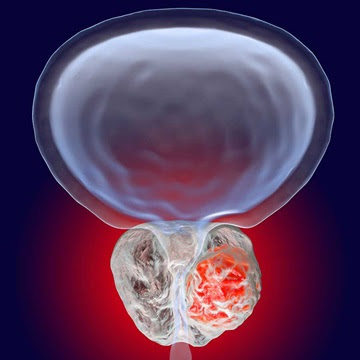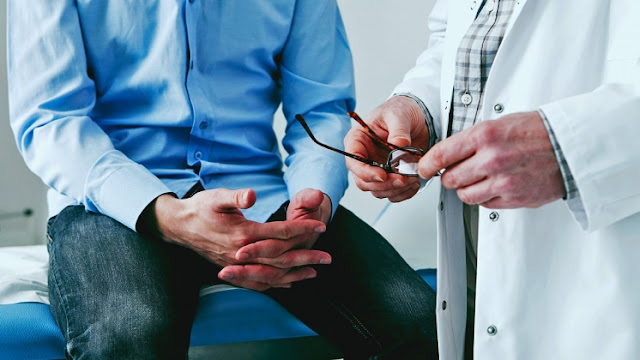6 Prostate Cancer Myths Busted!

The prostate is a tiny gland positioned beneath the bladder in men. It is one of the parts of the reproductive system. Cancer on prostate gland grows slowly. It may become aggressive in rare cases and spread to other parts of body. Causes of Prostate Cancer Just as all other types of cancer, it isn’t possible to pinpoint exact cause of prostate cancer. In most cases, numerous factors may be involved such as exposure to certain environmental toxins (radiation/chemicals), etc. Here are some myths associated to prostate cancer: Sexual Activity One of the major myths revolving around prostate cancer is that very high levels of sexual activity or regular ejaculation increase the risk of prostate cancer. However, this is not true. In fact, several studies have revealed that men reporting ejaculations frequently are at lower risk of developing cancer of the prostate. Medications A number of recent studies have revealed a link between intake of aspirin and a reduced ris


